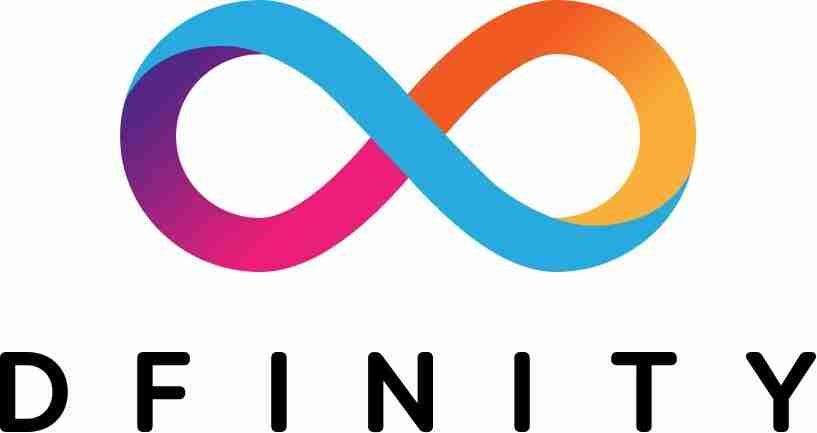Blockchain technology has been making waves in various industries, and its potential to bolster efforts to fight climate change is a topic of increasing interest. Dominic Williams, the founder of Dfinity, has been vocal about the role blockchain can play in addressing environmental challenges. In this article, we will explore the potential impact of blockchain technology on climate change mitigation and how Dfinity and other blockchain projects are contributing to this global effort.
Understanding Blockchain Technology
Blockchain is a decentralized, distributed ledger technology that enables secure and transparent record-keeping. It operates through a network of computers that work together to validate and record transactions in a way that is resistant to tampering. This technology has gained attention primarily for its role in supporting cryptocurrencies, but its applications extend far beyond the realm of finance.
Blockchain and Climate Change Mitigation
One of the key ways in which blockchain can contribute to the fight against climate change is through its ability to enhance transparency and traceability in supply chains. By leveraging blockchain, companies can create immutable records of their carbon emissions, energy consumption, and sustainability efforts. This level of transparency not only fosters accountability but also allows consumers and stakeholders to make informed choices based on a company’s environmental impact.
Moreover, blockchain technology can facilitate the trading of carbon credits and renewable energy certificates. Through decentralized and transparent platforms, individuals and organizations can participate in carbon markets, incentivizing the reduction of greenhouse gas emissions. Smart contracts, self-executing agreements with the terms of the contract directly written into code, can automate the verification and transfer of these environmental assets, streamlining the process and reducing administrative costs.
Dfinity’s Contribution
Dfinity, a blockchain project founded by Dominic Williams, has been actively exploring the intersection of blockchain technology and climate change mitigation. The project aims to create a decentralized “Internet Computer” that provides a secure and efficient environment for hosting applications and data. By enabling secure and transparent data management, Dfinity seeks to empower organizations to integrate sustainable practices into their operations.
Furthermore, Dfinity’s focus on scalability and efficiency aligns with the need for sustainable blockchain solutions. The project’s pursuit of a more eco-friendly consensus mechanism and energy-efficient infrastructure reflects a commitment to reducing the environmental footprint of blockchain technology itself.
Challenges and Opportunities
While the potential of blockchain in combating climate change is promising, several challenges must be addressed. These include scalability issues, regulatory frameworks, and ensuring the inclusivity of all stakeholders in environmental initiatives. Moreover, the energy consumption associated with certain blockchain consensus mechanisms, such as proof-of-work, has raised concerns about their environmental impact. However, ongoing research and development efforts are dedicated to addressing these challenges and optimizing blockchain technology for sustainability.
Looking ahead, the integration of blockchain technology with other innovative solutions, such as Internet of Things (IoT) devices and artificial intelligence, presents opportunities for comprehensive climate action. By creating interconnected systems that enable efficient resource management and real-time environmental monitoring, blockchain can contribute to a more sustainable and resilient future.
In conclusion, the potential of blockchain technology to bolster efforts to fight climate change is significant. Dominic Williams and Dfinity, along with numerous other blockchain projects, are at the forefront of exploring the intersection of blockchain and sustainability. As the global community continues to prioritize environmental stewardship, the role of blockchain in enabling transparent, efficient, and impactful climate action is poised to become increasingly prominent.









